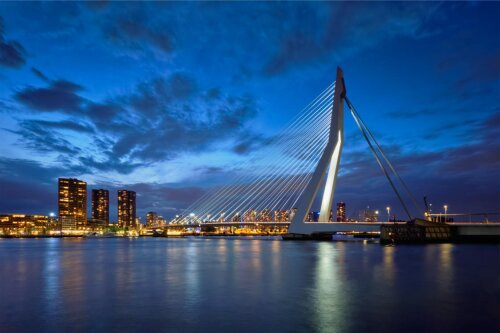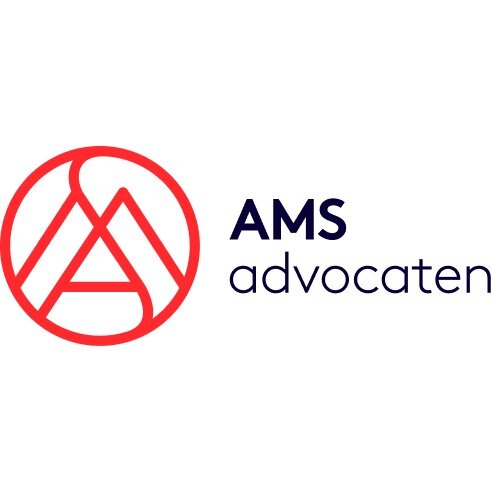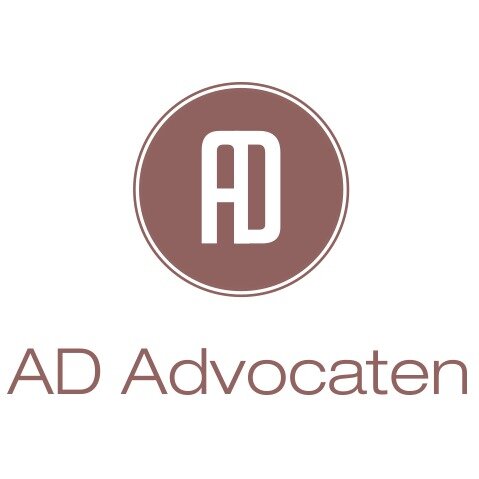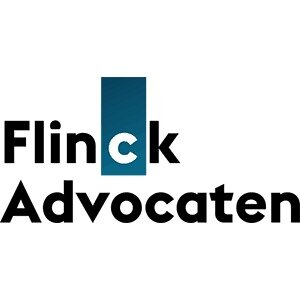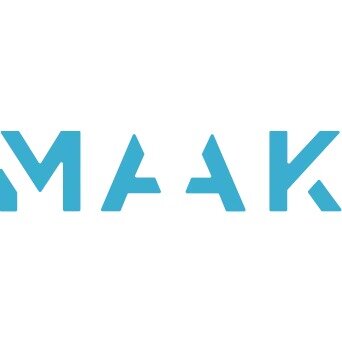Best Restructuring & Insolvency Lawyers in Amsterdam
Share your needs with us, get contacted by law firms.
Free. Takes 2 min.
List of the best lawyers in Amsterdam, Netherlands
Netherlands Restructuring & Insolvency Legal Articles
Browse our 1 legal article about Restructuring & Insolvency in Netherlands written by expert lawyers.
- Netherlands WHOA Guide: How Creditors Can Protect Their Rights
- The WHOA (Dutch Court Confirmation of Extrajudicial Restructuring Plans) allows companies to restructure debt without the consent of all creditors. A "cross-class cram-down" can bind dissenting classes of creditors to a plan if at least one "in-the-money" class votes in favor. Creditors have limited windows to challenge a plan, usually... Read more →
About Restructuring & Insolvency Law in Amsterdam, Netherlands
Restructuring and insolvency law in Amsterdam, Netherlands, is a specialized area of law focused on businesses and individuals facing financial distress. The field covers legal procedures and frameworks for companies struggling to pay their debts, including financial restructuring and formal insolvency processes such as bankruptcy and suspension of payments. With Amsterdam being a major economic center, the city has well-established legal resources to help both companies and creditors navigate challenging financial scenarios. Dutch law offers several mechanisms to reorganize or liquidate assets, protect creditors, and, where possible, allow businesses to recover and continue operating.
Why You May Need a Lawyer
Dealing with insolvency or restructuring issues can be complex and stressful. Common situations where you may require legal assistance include:
- Your business is struggling with mounting debts and considering restructuring or filing for bankruptcy.
- You are a creditor needing to protect your interests when a debtor is facing insolvency.
- You are uncertain about your rights and obligations in ongoing insolvency proceedings.
- You need guidance through the new Dutch restructuring proceedings, such as the WHOA (Dutch Scheme).
- You require advice on reorganizing company structures to prevent insolvency.
- You are an investor or shareholder concerned about insolvency risks in an investment.
- You want to purchase assets from insolvent estates or participate in a business rescue plan.
A qualified lawyer can provide strategic advice, represent you in court proceedings, handle negotiations with creditors or debtors, and ensure legal compliance throughout the process.
Local Laws Overview
The Netherlands has a robust legal framework for restructuring and insolvency. These are the key aspects relevant in Amsterdam:
- Bankruptcy (Faillissement): A formal insolvency proceeding where the court appoints a trustee to liquidate assets and pay creditors.
- Suspension of Payments (Surseance van betaling): A temporary legal moratorium allowing companies to restructure debts while protected from creditor action.
- WHOA (Dutch Scheme): Introduced in 2021, WHOA (Wet Homologatie Onderhands Akkoord) allows companies to propose restructuring plans to creditors outside formal bankruptcy and have them approved by the court even if some creditors oppose.
- Creditor Rights: Creditors have various rights to file claims, vote on restructuring plans, or initiate bankruptcy proceedings.
- Directors' Liability: Company directors may face personal liability in cases of mismanagement, fraud, or failure to properly handle insolvency situations.
- Cross-border Insolvency: As part of the EU, Dutch law recognizes and coordinates cross-border insolvency proceedings under the EU Insolvency Regulation.
It is crucial to act quickly and seek advice, as legal deadlines can be short, and mistakes may have significant consequences.
Frequently Asked Questions
What is the difference between bankruptcy and suspension of payments in the Netherlands?
Bankruptcy is a court-ordered procedure where an administrator liquidates a company’s assets to pay creditors. Suspension of payments is a temporary measure that gives a business breathing space to restructure debt and potentially avoid bankruptcy.
Can small businesses use restructuring procedures in Amsterdam?
Yes, both large and small businesses can use restructuring tools such as WHOA to reach agreements with creditors and attempt to avoid bankruptcy.
What is the WHOA and how does it benefit businesses?
The WHOA (Dutch Scheme) lets a company propose a restructuring plan to its creditors and shareholders, which can be approved even without unanimous consent. This tool helps businesses avoid bankruptcy by restructuring their debts more flexibly.
How are employees affected by insolvency procedures?
Employees are considered preferential creditors for certain claims such as unpaid wages. They may be eligible for compensation from the Employee Insurance Agency (UWV) if their employer enters bankruptcy.
Are directors personally liable for company debts in insolvency?
Normally, directors are not personally liable unless there is misconduct, such as mismanagement or failing to report financial difficulties to authorities in good time.
What is the role of the court in Dutch insolvency cases?
The court oversees insolvency proceedings, appoints trustees or administrators, and must approve certain plans or settlements, such as via the WHOA.
How can creditors maximize their recovery in a Dutch insolvency?
Creditors should submit their claims promptly, participate in creditor meetings, and use legal avenues such as initiating bankruptcy if needed. Secured and preferential creditors have priority in payout.
Is it possible to buy assets from bankrupt companies in Amsterdam?
Yes, trustees often sell the assets of bankrupt companies. Purchasers should conduct due diligence and may need legal assistance to properly structure acquisitions.
How does cross-border insolvency work within the EU?
EU regulations harmonize certain aspects of cross-border insolvency, allowing for mutual recognition of proceedings and coordination between courts in different EU countries.
When should I contact a restructuring and insolvency lawyer?
You should seek legal advice as soon as financial challenges arise, especially if you foresee difficulties meeting obligations, to explore all available restructuring or protective options.
Additional Resources
If you need further information or support regarding restructuring and insolvency in Amsterdam, the following resources may help:
- Dutch Chamber of Commerce (Kamer van Koophandel) - Provides guidance and background on business matters, including financial distress and insolvency.
- District Court of Amsterdam (Rechtbank Amsterdam) - Handles insolvency proceedings; their website offers information on local procedures.
- Netherlands Bar Association (Nederlandse Orde van Advocaten) - Directory of licensed lawyers specializing in restructuring and insolvency.
- Employee Insurance Agency (UWV) - Assists employees affected by employer insolvency.
- Legal Aid Board (Raad voor Rechtsbijstand) - For those who may qualify for subsidized legal help.
Next Steps
If you are facing financial difficulties or dealing with insolvency in Amsterdam, consider these actions:
- Assess your financial situation and gather all relevant documents, such as contracts, balance sheets, and debt records.
- Consult a specialist lawyer in restructuring and insolvency as early as possible.
- Discuss all available legal options, including restructuring, informal workouts, or formal insolvency proceedings.
- Maintain clear records and communication with stakeholders, such as creditors, employees, and tax authorities.
- Follow your lawyer’s advice closely to avoid liability and ensure compliance with legal obligations.
Taking prompt legal advice can make a significant difference in the outcome, help you protect your interests, and aid in navigating the complexities of Dutch restructuring and insolvency law.
Lawzana helps you find the best lawyers and law firms in Amsterdam through a curated and pre-screened list of qualified legal professionals. Our platform offers rankings and detailed profiles of attorneys and law firms, allowing you to compare based on practice areas, including Restructuring & Insolvency, experience, and client feedback.
Each profile includes a description of the firm's areas of practice, client reviews, team members and partners, year of establishment, spoken languages, office locations, contact information, social media presence, and any published articles or resources. Most firms on our platform speak English and are experienced in both local and international legal matters.
Get a quote from top-rated law firms in Amsterdam, Netherlands — quickly, securely, and without unnecessary hassle.
Disclaimer:
The information provided on this page is for general informational purposes only and does not constitute legal advice. While we strive to ensure the accuracy and relevance of the content, legal information may change over time, and interpretations of the law can vary. You should always consult with a qualified legal professional for advice specific to your situation.
We disclaim all liability for actions taken or not taken based on the content of this page. If you believe any information is incorrect or outdated, please contact us, and we will review and update it where appropriate.




